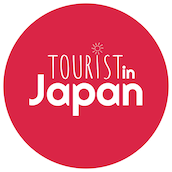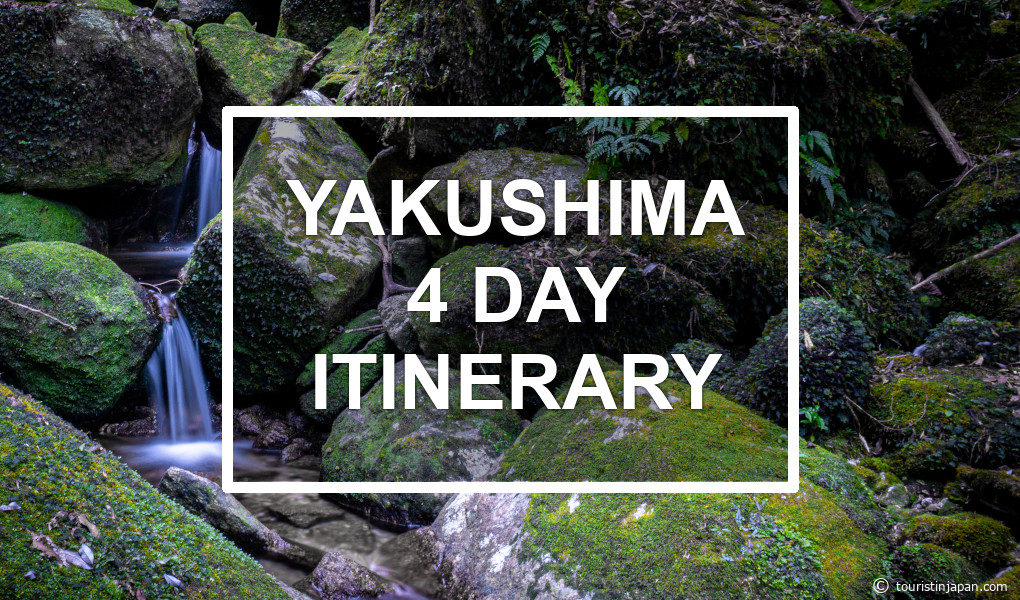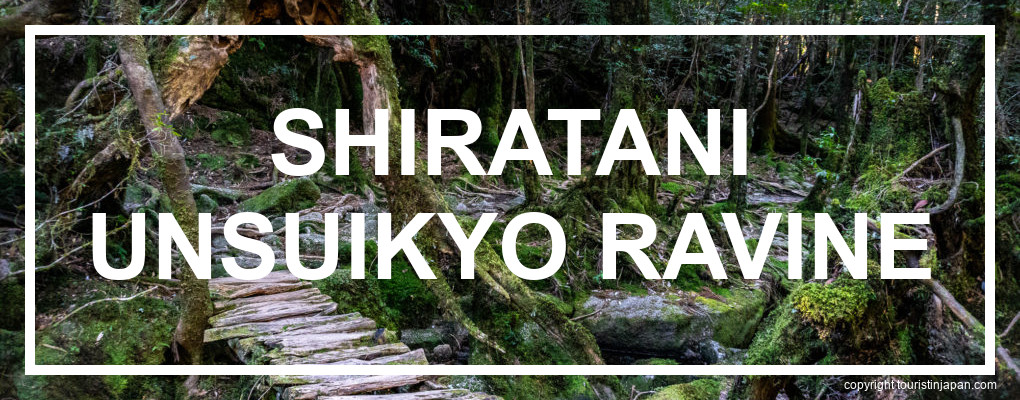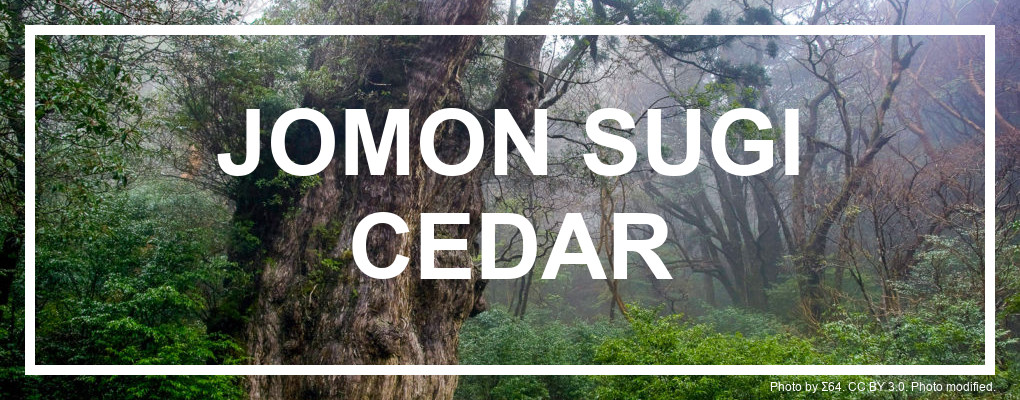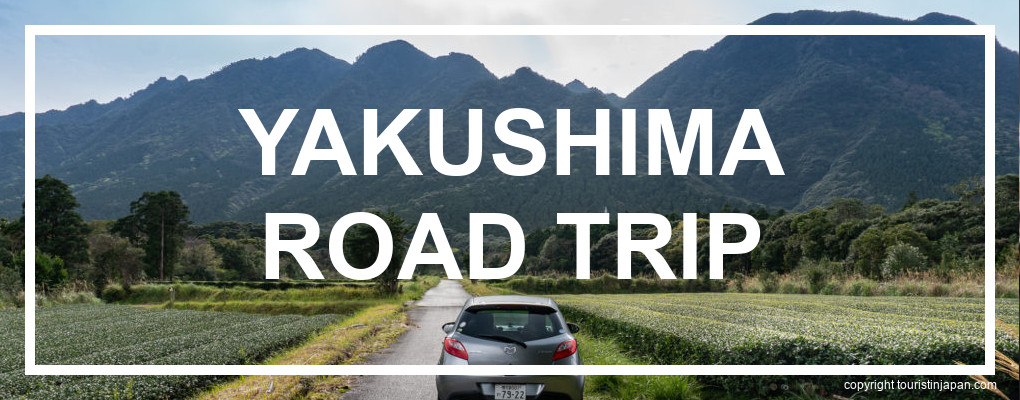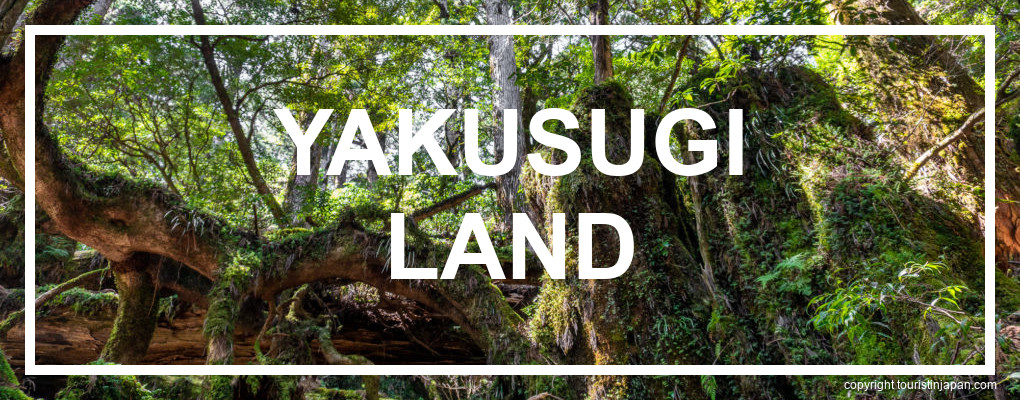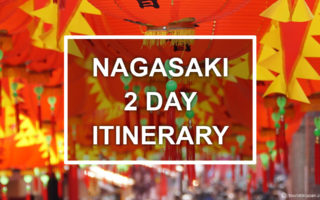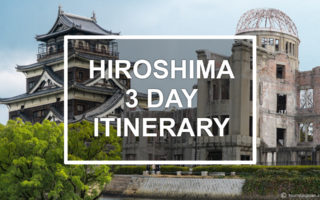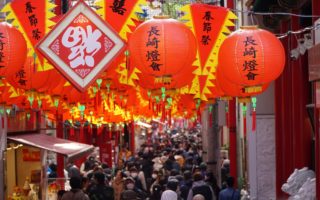Yakushima is known for it’s hiking trails through the deep and dark mountain forests, covered in moss and ferns. The forest is home to the gigantic Yakushima cedar trees – some so large that the hiking trails actually passes through the trees. The trails cross wild rivers and burbling streams, as they lead you past the incredible flora and fauna that lives in this virgin forest. Clearly, hiking and nature experiences are the main attraction on Yakushima, which is why this itinerary also focuses primarily on hiking.
Hotels Yakushima 15 Day Hike in the Volcanic Wonders of Kyushu
This itinerary covers the major attractions on Yakushima in four days, which is sufficient time for most visitors to experience the island. On the first day, you will be hiking in the famous virgin forest around Shiratani Unsuikyo Ravine, a forest which is known to have been the inspiration for the popular movie Princess Mononoke. On the second day you will venture deep into the untouched and silent forests of Yakushima, on a mission to locate the mystical Jomon Sugi Cedar tree, which is said to be as much as 7000 years old. The third day brings rest to your tired legs after two days of intense hiking, with a road trip by car all the way around Yakushima’s coast. On the fourth day you will be hiking in Yakusugi Land, a park and forest complex on the eastern side of the island, which is every bit as beautiful as the popular Shiratani Unsuikyo area.
4-day itinerary Yakushima
| DAy | Activity |
|---|---|
| Day 1 | Hiking in Shiratani Unsuikyo Ravine |
| Day 2 | 12-hour hike to Jomon Sugi (7000 year old tree) |
| Day 3 | Yakushima Circumference Roadtrip |
| Day 4 | Hiking in Yakusugi Land |
The order of the activities can be switched around to your preference, or depending on the weather conditions. The road trip is suitable for a rainy day too, so should you encounter one such, then doing the road trip on that day might be a good idea. If you intend to hike to the famous Jomon Sugi tree, then it is essential that you prepare well in advance. Read the article about hiking to Jomon Sugi. It’s a tough hike, so you might want to do it early on in the trip.
Details of itinerary
Day 1 details
Shiratani Unsuikyo RavineShiratani Unsuikyo Ravine is probably the most popular destination in all of Yakushima. The park is known for it’s hiking trails through the deep and dark mountain forests, covered in moss and ferns, and home to the gigantic Yakushima cedar trees – some so large that the trail actually, physically passes through the trees. The trails cross wild rivers and burbling streams, as they lead you past the incredible flora and fauna that lives in this virgin forest. It is not without reason that this forest has been the inspiration to the wild nature seen in the popular Miyazaki anime movie Princess Mononoke. On the first day you will be exploring this exciting forest and it’s wild nature. There are hiking trails for all levels. Click the “read more” button to find out what trails are suitable for you. It is possible to get to the park either by car or by bus. The park entrance is a 20 minute drive from Miyanoura town. Remember to bring supplies of water and food for the day. On your way out of Miyanoura you pass the A-COOP supermarket which opens at 9:00 in case you want to stock up on the way. Entrance fee: ¥500 |
Day 2 details
Jomon Sugi HikeJōmon Sugi (縄文杉), an enormous and several thousand years old cedar tree, is one of the main attractions on Yakushima. The tree, which is located deep in the mountain forest of Yakushima, is considered to be the oldest tree in Japan, and one of the oldest in the world. The actual age is unknown, but it is estimated to be between 2000 and 7000 years old. Hiking to Jomo Sugi is a dream for many hikers in Japan, so the trail may be a bit crowded. Making a round-trip hike to Jomon Sugi takes between 10 – 14 hours depending on the route, conditions and your experience and speed. It is essential that you start early and bring all food and drink supplies for the trip. Please read the guide before going, and do proper research. If you are not an experienced hiker, then taking the route via the Arakawa Trail Entrance is recommended as it is slightly faster and less strenuous. |
Day 3 details
Yakushima Full-day road trip around the islandWhile Yakushima is known for it’s amazing hiking, which you’ve made your experience with for the past two days, it does also have a lot beautiful and interesting attractions outside the deep forests. On this third day, rest your legs a bit and venture out on a 1-day road trip around the circumference of the island. Yakushima has a road running around it’s entire perimeter – a 135km circular path which makes for a perfect day trip. You will experience beautiful views, stunning beaches, wild waterfalls, majestic lighthouses and maybe best of all: Yakushima’s wildlife. The island is known for it’s monkeys (yakushima macaque) and deer (yakushika). There are many of both species, and they don’t mind hanging around the road, especially on the far western side of the island, where you are almost guaranteed to encounter them. |
Day 4 details
Yakusugi LandMuch like Shiratani Unsuikyo Ravine, Yakusugi Land on the eastern side of Yakushima is a designated Natural Recreation Forest. The park is covered in dense virgin forest with rivers, mountainsides, enormous thousand-year-old Yakusugi cedar trees and has five amazing hiking trails. There are trails suitable for every level. The park is equally as beautiful as it’s cousin in the north, but attracts slightly fewer tourists. For that reason it can provide a more quiet and serene experience than Shiratani Unsuikyo. The landscape also has a different character, making it well worth a day of exploration. Don’t forget to bring food and water for the day. The nearest super market is in Anbo town. You can conveniently stop there before going. The super market opens at 09:00. Entrance fee: ¥500 |
Planning your visit to Yakushima
Where to stay
Yakushima has multiple villages around it’s perimeter. The island is very mountainous, so all villages are near the coast. The two primary towns on the island are Miyanoura (north) and Anbo (east). Both towns have a port with a ferry connection to the main land. The airport is located between the two towns, on the north-eastern part of the island.
It is recommended to stay in either Miyanoura or Anbo, as both towns have restaurants and supermarkets. There are, however, hotels and guesthouses in other villages too, which may be advantageous depending on your plans and schedule.
Cheap Hotels in Yakushima (booking.com) Cheap hotels in Yakushima (agoda)
Activities for rainy days
Yakushima has a reputation for being a rainy island. While it might be slightly exaggerated, it’s always good to have some backup activities for days where the rain is too heavy for outdoor activities. Bring proper rainwear and hiking won’t be a big problem.
- Yakusugi Museum
- Yakushima World Heritage Conservation Center
- Yakushima Sea Turtle Hall
- Sigonoya – make your own chopsticks (reservation required)
- Oko-no-taki waterfall (extra strong and impressive during rain)
- Yakushima circumference road trip
- Onsen bathing – enjoy a traditional hot spring bath
Car rental
Renting a car is by far the best way to get around Yakushima. The bus system is infrequent and slow, but with a car you can cover many attractions on the same day, and get to places the bus doesn’t go to. You will also avoid the stress and rush to catch the last bus after a day of hiking.
Tourist Information Offices
There are three tourist information offices around the island.
- Tourist Information Center (airport)
- Tourist Information Center (Anbo)
- Tourist Information Center (Miyanoura)
Busses in Yakushima
There is a local (and reliable) bus system in Yakushima, but busses are infrequent. If you plan to see a lot (more than one place per day) then taking a bus is generally not an option – renting a car would be better. If you must take a bus, then here are some details to help you:

Busses on Yakushima. Left: Tanegashima Yakushima Kotsu. Right: Matsubanda Kotsu. All photos by TangoDiscovery (wikimedia commons). CC BY-SA 3.0.
There are two bus companies operating in Yakushima; Tanegashima Yakushima Kotsu Bus and Matsubanda Kotsu Bus. There are day and multi-day bus passes available, but they can only be used in the busses of the specific company you buy it from.
The time tables are generally posted at the bus stops, but the most recent time tables can be found in the download section of Yakushima Tourism Associations website.
🔗 Yakushima Tourism Association
🔗 Yakushima Tourism Association (downloads)
🔗 Yakushima Kotsu Bus Time Table 2020 (english)
🔗 Yakushima Kotsu Bus Route Map
🔗 Matsubanda Kotsu Bus Time Table 2019-2020 (english)
Getting to Yakushima
Yakushima can be reached by ferry or plane. The options are listed below.
By plane
Yakushima airport (KUM) is located between the two town os Miyanoura and Anbo. It is quite a convenient and fast way to get to Yakushima. It is, however, usually a bit pricier than taking a ferry.
The airport in Yakushima has connections to Kagoshima Airport and Fukuoka Airport. All flights are operated by Japan Air Lines sister company Japan Air Commuter. Tickets can be purchased through Japan Air Lines or travel agencies.
By ferry
There are numerous ferries connecting to Yakushima. The ferries operate out of two main ports on the island; Miyanoura Port (northern side of island) and Anbo Port (eastern side of island).
There are three types of ferries that go to Yakushima:
| Ferry name | Port | Transport time | Price |
|---|---|---|---|
| Toppy Boat (rocket hydrofoil) | Kagoshima Port ⇆ Miyanoura or Anbo | 2-3 hours | ¥9’200 one-way ¥16’600 return |
| Yaku 2 Car Ferry | Kagoshima New Port ⇆ Miyanoura Port | 4 hours | ¥5’000 one-way ¥9’500 return ¥39’000 car return |
| Hibiscus overnight freight ferry | Kagoshima Taniyama Port ⇆ Miyanoura Port | 13 hours | ¥3’900 one-way ¥7’800 return Car varies by size |
